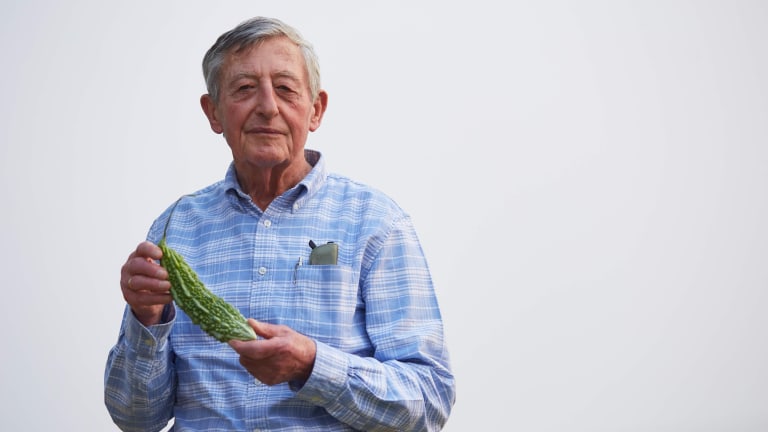won a Skoll Award for social entrepreneurship last week. The honor, worth more than three-quarters of a million dollars over three years, highlights the budding collaboration between the design and development communities.
VisionSpring is a nonprofit social enterprise that empowers developing world entrepreneurs to sell affordable eyeglasses with its "
" model. The innovative product was developed by the global design consultancy
with grants from the Open Society Institute and Rockefeller Foundation. More than 400 million of the world's poorest people do not have access to affordable eyeglasses, so the simple, affordable and highly portable VisionSpring model has a ready-made market and has succeeded predictably.
Other examples of well-designed products for developing world customers abound.
has created cheap and mobile solar concentrators and water purification kiosks. The
has designed a peanut sheller that is not only helping Malawian farmers get their product to consumers more efficiently, it's creating new forms of fuel. A clutch of
will be unveiled at the World Health Care Congress in D.C. next month, including an incubator made of car parts from
and the Center for Integration of Medicine and Innovative Technology of Boston.
is one of the leaders in the field. He founded International Development Enterprises in 1981, which has received more than $40 million in grants from the Bill & Melinda Gates Foundation and recently developed the
to design irrigation systems for smallholder farmers. In recent years, he has further embraced innovation with for-profit Windhorse International and nonprofit D-Rev.
"We need a revolution in how multinationals design, price, and market their products," he said. "There is a huge virgin market out there!"
Academia has begun to tap that market. Last year, Sami Nerenberg launched an immensely popular
course at the Rhode Island School of Design, where students are putting together fascinating developing world ideas. Held last month at Princeton University, the inaugural
came fast upon the heels of the first
summit, which was sponsored by RISD and Brown University last fall.
Last year, Rockefeller and Ideo joined forces to create a guide and a
to help designers move into the social enterprise and development space, which means we are likely to see a great many more such collaborations in the future.
Bringing intelligent design into a space that's been long on implementation and short on impact for far too long is good news. The shift may help us begin to see the poor as customers rather than disadvantaged and, in doing so, change the way we design our projects and approach our work.








